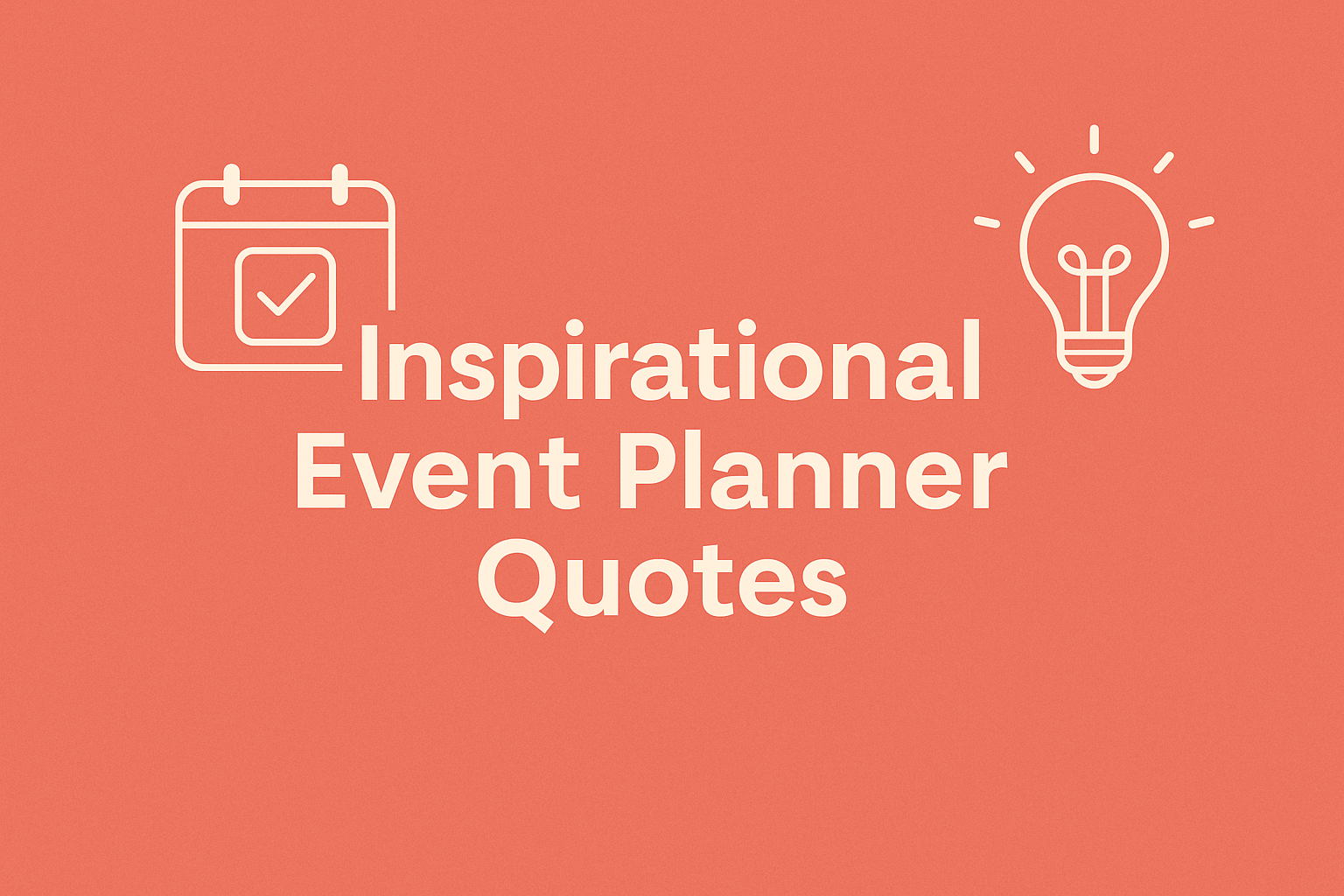When you want to put your meeting to work for you, strategic meetings management is your guidebook. This framework will help you create efficient, productive meetings so you can accomplish your goals.
For organizations working with corporate events and tradeshows, the principles behind strategic meetings management will keep the event on track. It will help you outline how the event will run, from the first planning stage until the last satisfaction survey is returned.
Event planning can quickly get overwhelming and businesses can find themselves encountering problems like unreliable vendors or going over budget. Using a strategic meetings plan gives you a framework to keep everything more organized and moving forward.
Let’s look more closely at the central components of this framework and the best practices you can put to work for your organization.
Understanding Strategic Meetings Management
To help you incorporate strategic meeting management into your business operations, let’s look more closely at the most important features of this discipline and what you can do to start to see results from these operations.

Definition and Scope
Strategic meetings management is a disciplined approach to running meetings and delivering better value. To keep everything in the meeting running efficiently, strategizing meetings will typically break down the planning process into a few central components.
Managing your meeting guidelines. These initial policies will lay down how your team will organize your events or meetings and what regulations you have for interacting with vendors and planning your events. This might include processes you go through for approval or how contracts are negotiated, for example.
Budget Management. Budget will always be a top concern. Cost control will need to take priority, so you need to know how the budget will be allocated and how you will track spending during planning.
Sourcing suppliers and vendors. Know which vendors you need and the types of contracts you need to negotiate to keep the event on track.
Technology roles. Know where you will use technology in registration, check-in, and feedback so you can make proper preparations.
Data analysis. Following the event, you want access to data that provides insight into how the event ran and what needs improvement. This can inform future events and keep your brand continuously improving.
Strategic meetings management improves your resource management and operational control. Meetings progress more effectively, which can provide better ROI from the events.
The Role in Event Planning
Strategic meetings management offers event planners a framework they can use to better organize the different components of an upcoming meeting and maintain better visibility and insight into the planning process. This guideline makes it easier for the company to plan the event methodically, rather than each part separately and hoping they come together in the end.
Key Best Practices in Strategic Meetings Management
If using strategic meetings management has intrigued you, we have a few best practices that can help you get started.
Establishing Clear Objectives
Before you progress with your strategic meetings management initiative, you need to outline your goals and desired outcomes for your upcoming meetings and events. Having a clear picture of what you want to accomplish with the event will guide all the rest of your decisions.
Once you know what you want to achieve with your event, outline how you will use the event to achieve those KPIs. Remember to make the goals you set SMART. In other words, they should be specific, measurable, attainable, relevant, and time-bound. This type of goal will let you clearly know whether you achieved your desired outcome.
Budget Management and Cost Control
When you kick off your planning sessions, you likely start with a target budget in mind for your meeting or event. Staying on top of your expenses to make sure you stay within this budget will help you achieve your targeted ROI.
To manage your budget effectively, you should draft an anticipated cost sheet. Know what you can expect to pay for your different vendors, the venue, and anything else needed for the event. As you negotiate contracts, carefully update the budget so you can see how much money is left at different portions of the project and how close you keep your meeting plan on track with your targeted cost sheet and overall budget.
Tracking the budget continuously will alert you to any potential problems so you can make adjustments as needed.
Leveraging Technology and Data Analytics

Tools and data analytics can go far in helping you plan your event. Tools that help you manage event registration and check-in can keep guest information organized and secured. They can also provide you with real-time information about the registration process. This ensures that everyone has access to the data to improve communication across teams.
The data collected by the technology throughout the event will also improve your overall meeting planning. You can track insight into how the meeting progresses, what people respond to best, and what they appreciated about the meeting to help you plan future events.
Supplier and Vendor Management
Your suppliers and vendors play a huge role in the overall success of your event. Building solid relationships with these professionals can help you improve your management processes moving forward. You will know the areas where particular vendors excel and the unique products or services they offer, which can help you identify other potential events where they could suit you well.
To build these relationships, you will need to be attentive as you negotiate your contracts and agreements. Be clear about your policies and work with your firm budget in mind. Lay out clear expectations so that the sellers and venues can help you put together an awesome event.
Risk Management and Compliance
For any meeting, you need to consider the critical importance of risk management and compliance. With risk management, you think through the potential risks that your meeting naturally undertakes and what you can do to mitigate these occurrences.
You will work through your team to determine likely risks, such as equipment problems or crowd control. You then devise strategies for managing these problems should they arise. As you build your risk management template, you can share the files between projects, as many will share some common risks.
At the same time, verify that your meeting planning abides by any applicable compliance standards. Know the guidelines for events and meetings in your industry and follow the needed action to further protect everyone involved.
Benefits of Strategic Meetings Management
Businesses that start to bring strategic meetings management into their organization report seeing improvements in a variety of different facets of event planning. Here are some of the advantages your team should expect to see.
Enhanced Efficiency and Productivity
With a firm framework to guide your work, your team will streamline their processes and work more cohesively. This reduces redundancies and ensures everyone works off the same plan to improve communication and overall teamwork. The team will boost their productivity in return.
Improved Attendee Experiences
As your planning processes improve, so do the attendee experiences. Your insight from past events and improved internal processes will come together to create engaging and more meaningful experiences for all those attending the meeting.
Strengthened Brand Image and Reputation
Meetings planned using the strategic meetings management framework operate more cohesively, hit fewer disruptions and redundancies, and will flow better overall. Brands that present these organized and leadership qualities as a brand will elevate their brand perception. The better the public sees your brand, the easier you will find it to bring in new leads and customers.
Tips for Implementing Strategic Meetings Management

You have now had a chance to see the power that strategic meetings management can bring to your business’s events, so let’s discuss more about how you can implement these strategies internally.
Building an Effective Team
Your team will be your cornerstone. Using this meeting management format requires thinking strategically and excellent group dynamics. Therefore, having the right team can put wind in your sails and set you up for success.
Assemble a team of skilled and knowledgeable professionals. Make sure they demonstrate the communication skills that will make this format a success while also bringing the experience in their area of specialization needed to keep these meetings on track.
Continuous Improvement and Feedback
Your team should solicit feedback on their work regularly throughout the process. Speak with the different members of the planning group to learn more about their experiences with different vendors. Speak with attendees to see what value they got from the event. These sources of insight will help you identify what went right, what needs improvement, and how you can give your next meeting or event the boost that can help it attract attention.
Aligning with Organizational Goals
Finally, your team should regularly check and make sure that the events and meetings they plan align with your broader business objectives. Cross-reference your stated goals and objectives of the current meeting with your guiding organizational goals to make sure that they fit well with what the company as a whole is working towards. This will help you see greater ROI from your efforts and ensure that your business operates strategically and cohesively.
Conclusion: Making Strategic Meetings Management Part of Your Company
Planning meetings requires you to keep track of a number of moving parts that can lead to teams feeling as though they are pulled in multiple directions at once. Strategic meetings management offers a framework for navigating the planning process with maximum efficiency and success.
If you have not adopted this framework into your internal plans, consider the value that it might offer you. Discover how these practices can enhance your overall event outcome and help you continue to improve your ROI.







